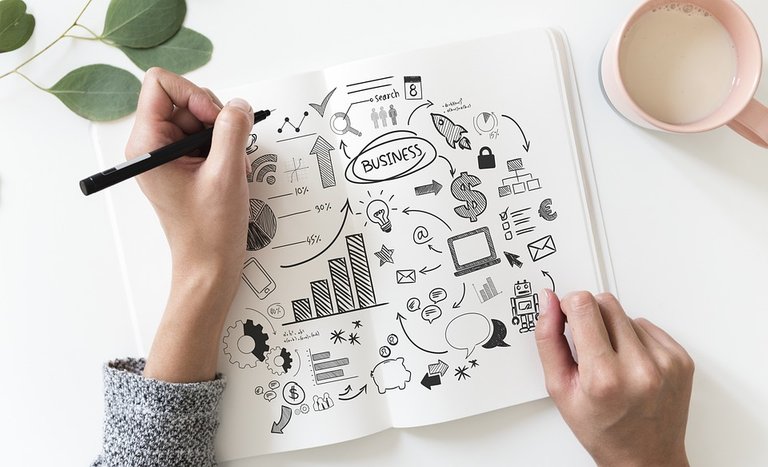In the hectic everyday life, we often forget about rest and tranquility. Relaxing, however, is very important for our health. Here are some remedies to eliminate stress.
Stress is a natural reaction of our body when we are subjected to pressure and tension and can have a very positive effect motivating us to exceptional performance. Yet, for the body to cope with stress there must be the right balance between tension and relaxation. Permanent stress is harmful to health and can, for example, cause headaches, backaches, muscle tension, insomnia, high blood pressure, and digestion problems.
Every person has his own way to relax. Experiment with different relaxation methods to find out which one is right for you.
Plan your day
Some people find it very useful to write down appointments and appointments. Using a daily and weekly diary allows you to have an overview of daily commitments and in moments of greater stress helps you not to lose sight of the essential. By means of structured planning, difficulties and problems can be better tackled and one can concentrate on the next task from time to time.
The movement is healthy
Physical activity is good for health and the release of endorphins in the body, the so-called hormones of happiness, also reduces stress. Choose an activity that you like and that will distract you from everyday problems. If you love silence and tranquility take walks outdoors, the movement in nature frees your mind and allows you to rearrange your ideas.
Meditation and yoga
Close your eyes and breathe deeply: meditation helps to calm the spirit and find yourself. Yoga also contributes positively to our well-being. The combination of physical exercises, breathing and concentration have a calming effect on the body and on the whole nervous system. There are different types of yoga, among which the most popular is Hatha Yoga which brings together elements of multiple types of yoga and is ideal for beginners.
Relaxation techniques easy to learn
Autogenic training and progressive muscle relaxation according to Jacobson are relaxation techniques that can be learned and then used every day. Through autogenic training, based on self-suggestion, the patient achieves relaxation by focusing on the different parts of the body. Progressive muscle relaxation consists of a series of exercises based on the contraction and progressive distension of individual muscles one after the other. To learn these techniques, at least for the first few times, get advice from an expert.



